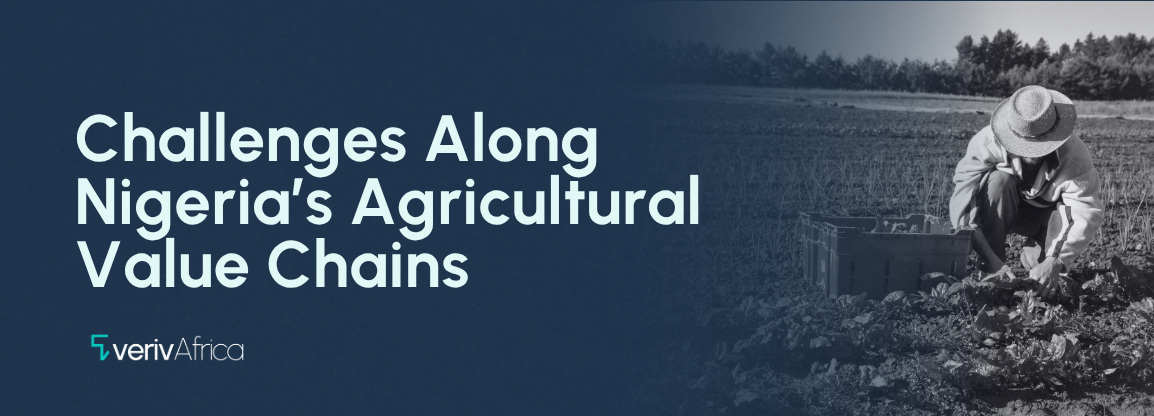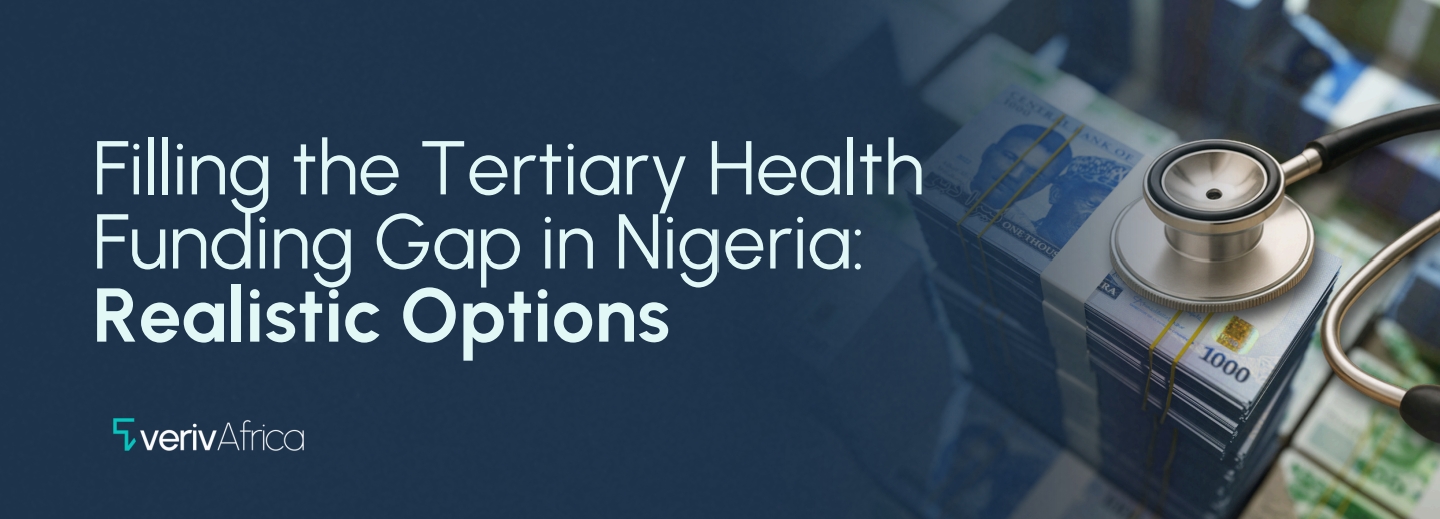Housing, a fundamental human right, is the cornerstone of a society’s well-being and economic development.Housing, a fundamental human right, is the cornerstone of a society’s well-being and economic development. Nigeria, home to about 224.6 million people with an annual growth rate of 2.38 percent, is marked by various challenges and shortcomings surrounding its public housing system. The Centre for Affordable Housing in Africa (CAHF) posits that about 58.8% of the urban populace in Nigeria dwell in slums, stipulating a need to reform the housing sector as a considerable proportion of the country’s population lacks access to decent and affordable housing.
Issues plaguing the Nigerian housing sector include insufficient infrastructure, poor road networks, and limited access to essential services. There has also been a reduction in the overall durability of housing units. This can be attributed to substandard construction practices, further exacerbating concerns as they pose safety risks. Another major challenge is non-affordability due to high construction costs and limited financial resources, which prevent a sizable portion of the population from attaining suitable homes. Developers and constructors also face inadequate funding, bureaucratic bottlenecks, and corruption, leading to delayed or incomplete housing projects.
Rapid urbanization has also amplified housing challenges by placing immense pressure on existing infrastructure and increasing demand for affordable and sustainable housing solutions. The lack of policy coordination at different government levels also indicates a pressing need for reform in the housing sector.

The 2018/2019 Nigeria Living Standards Survey, as reported by the National Bureau of Statistics (2020), revealed that more than 49% of urban households in Nigeria lived in rented houses and that the majority of these households resided in compound houses, which account for over 42% of households in the country. Flats/apartments were the least occupied, accounting for 16.3% of the households surveyed.
Despite political developments like the (FHFL), access to basic infrastructure that supports human settlement is limited for a significant percentage of the Nigerian population. In 2021, the World Bank ranked Nigeria with the most significant energy deficit, as only about 57% of the population had access to grid electricity, leaving about 85 million Nigerians without access. Following a declaration of a state of emergency by the government due to the inadequacy of appropriate infrastructure, amongst other challenges, in 2019, about 60 million people were recorded in Nigeria as lacking access to essential drinking water, while 80 million people lacked access to adequate sanitation facilities.
Data revealed that Nigeria's housing sector reform predominantly targets upper-class families, causing the housing shortfall to expand from 20 million in 2018 to 28 million in 2023, mainly affecting lower-class and middle-class households. In 2023, a newly constructed and decently priced 42m2 one-bedroom unit developed by Millard Fuller Foundation was sold at ₦5,560,000 (US$7,312). With a monthly mortgage repayment rate of thirty-three percent, a minimum wage of ₦33,000, and an estimated 50 percent of household expenditure on food items, the vision of decent housing for all Nigerians seems quite distant.
Similarly, the surge in rental prices across the country, resulting from increased production costs for developers and landlords, has worsened the already fragile state of the Nigerian housing system. In the second half of 2022, agreed rent increased by 35.5 percent in Nigeria's formal retail market. The average achievable rent of core locations in Lagos and Abuja increased to $56/m2 annually in the second half of last year from $35/m2/annum in the first half.
To bridge the persistently widening housing gap, the United Nations recommended adopting Sustainable Development Goal 11 to address the nation's housing shortage and provide everyone with high-quality, reasonably priced homes by 2030. According to research by the World Bank, Nigeria's growing population will require the construction of around 700,000 housing units each year for 20 years to meet its housing needs. The World Bank, cited by the Central Bank of Nigeria, further suggested that N59 trillion in investment is needed to address the housing deficit in Nigeria. An increase in investment in the real estate sector can help reduce the housing deficit and contribute significantly to Nigeria's GDP.
Nigerian Public Housing Reforms
There is a need for a significant increase in infrastructure investment. Government authorities should prioritize the development of reliable road networks, water supply systems, and power infrastructure in public housing projects. This will not only enhance living conditions for residents but also contribute to the overall sustainability and attractiveness of these communities.
These developments have been implemented across several states in Nigeria, which can be optimized for holistic development. For instance, the federal government, in a bid to decongest transportation bottlenecks, established the second niger bridge in Anambra state in 2023, thereby boosting urban development and economic development in general. Likewise, Enugu and the FCT have improved access to clean water by establishing suitable water supply systems. This initiative enhanced public health and the quality of life of the citizens. The electricity challenges faced in Nigeria are being addressed gradually with the establishment of geometric plants in states like Abia and mini power grids in Oyo to support the electricity being supplied from the national grid.
Suggested Pathway for Progress
Stringent regulations should be implemented to ensure that construction in public housing adheres to high-quality standards. Strict enforcement of building codes will reduce structural issues, enhance safety, and prolong the lifespan of housing units. In 2023, the Lagos state government commenced the demolition of buildings that disregarded the stipulated quality standards in order to reduce risks of endangering human lives. Collaborating with reputable construction companies, such as the recent public-private partnership to provide housing solutions nationwide, promotes an accountability culture within the industry, further elevating the quality of public housing projects.
To tackle the affordability challenge, governments should explore innovative financing models, such as public-private partnerships, to attract investment into the housing sector. Establishments like low-interest housing loans and subsidies can make homeownership more accessible to a broader demographic. Simultaneously, there is a need for efficient land use planning and transparent allocation processes. Land acquisition processes should be simplified, and the Land Act should be amended to ensure that land management, monitoring, and sales are accountable processes. It is worth noting that these planning and allocation processes can be frustrated by complex bureaucratic procedures, administrative inefficiencies, and corrupt practices. These roadblocks may hinder or halt planning and allocation activities. However, the situation can be salvaged by automating the planning and allocation processes, thereby reducing the lag and tightening loopholes that breed corruption. Implementing a comprehensive and well-coordinated housing policy framework, like adopting digitalisation at all levels of government, will also ensure consistency and enhance transparency and clarity in addressing the housing challenges. These could be in the form of online portals, centralised housing databases that are accessible to citizens, government agencies and developers and spatial analysis tools that aid in the allocation of housing areas.
References
Abdul Jelil Adebayo. (2021, February 22). FCT Water Board Giant Strides. Vanguard Media Limited.
[https://www.vanguardngr.com/2021/02/fct-water-board-giant-strides/]
Aderonke Oni. (2024. February 27) Shettima inaugurates 188MW geometric power plant in Abia. The Cable. [https://www.thecable.ng/shettima-inaugurates-188mw-geometric-power-plant-in-abia]
Bunmi Bailey. (2023). Nigeria’s retail rents surge 36% in H2. Business Day.
[https://businessday.ng/uncategorized/article/nigerias-retail-rents-surge-36-in-h2/]
Centre for Affordable Housing Finance in Africa (2023). Housing Financing in Nigeria. [https://housingfinanceafrica.org/countries/nigeria/]
Damilola Aina. (2024, February 8). Tinubu inaugurates 3,112 housing units in FCT. Punch Nigeria.
[https://punchng.com/just-in-tinubu-inaugurates-3112-housing-units-in-fct/]
Emmanuel Aboole Moore (2019). Addressing Housing Deficit in Nigeria: Issues, Challenges and Prospects.Central Bank of Nigeria; Economic and Financial Review. 57(4). 201-222.
Ikenna Obianeri. (2023, December 4). Contractor hands over Second Niger Bridge. Punch Nigeria.
[https://punchng.com/contractor-hands-over-second-niger-bridge/]
National Bureau of Statistics (2020). Nigeria Living Standards Survey 2018/2019. [https://nigerianstat.gov.ng/elibrary/read/1123]
Oyo State Government. (2021, May 25). Oyo embarks on 40 mini power grids installs 250 km of public lighting projects. [https://oyostate.gov.ng/oyo-embarks-on-40-mini-power-grids-installs-250km-of-public-lighting-projects/]
Raphael Ede. (2023, November 25). Mbah unveils water projects for Enugu. Punch Nigeria. [https://punchng.com/mbah-unveils-water-projects-for-enugu/#:~:text=Kindly%20share%20this%20story%3A,180%20days%20of%20his%20administration.]
Samuel Oyekanmi (2023). Nigerians Spend N9.5 trillion monthly on Living Expenses. Nairametrics.
Titilayo Abereowo. (2023, November 18). Lagos Govt Begins Demolition Of Distressed Buildings In Ebute-Metta. Channels Incorporated Limited.
World Bank (2024). Population growth.
[https://data.worldbank.org/indicator/SP.POP.GROW?locations=NG]
World Bank (2021). Nigeria to Improve Electricity Access and Services to Citizens.
World Bank (2021). Nigeria: Ensuring Water, Sanitation and Hygiene for All.
World Bank (2018). Nigeria Affordable Housing Project. [https://documents1.worldbank.org/curated/en/278041531299329812/pdf/Concept-Project-Information-Document-Integrated-Safeguards-Data-Sheet-Nigeria-Affordable-Housing-Project-P165296.pdf]










